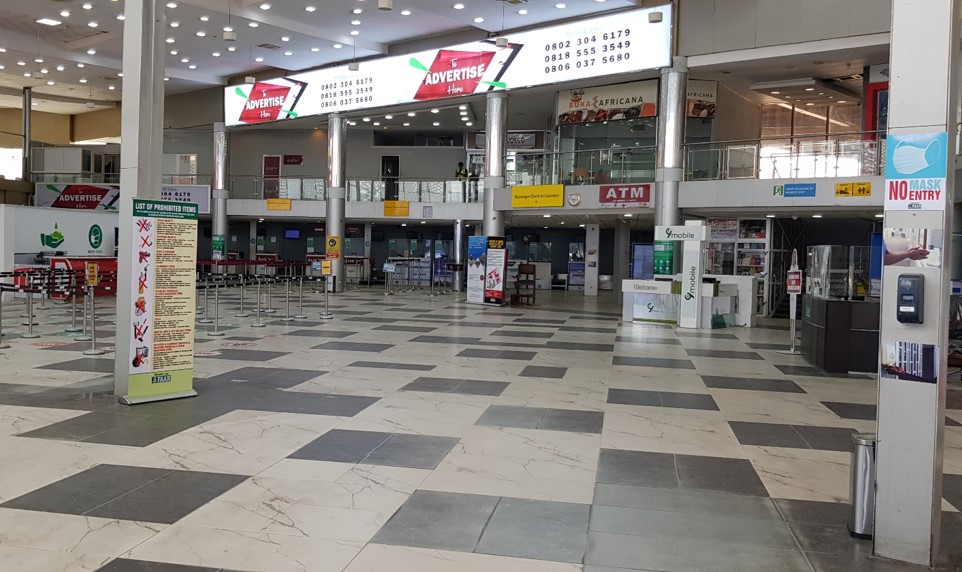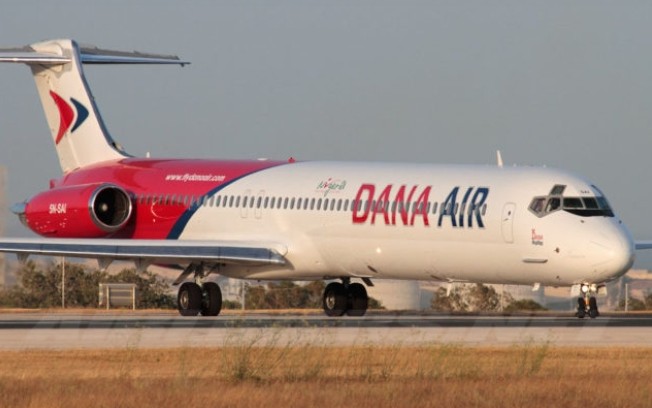
A myriad of challenges facing the aviation sector notwithstanding, operating domestic airlines stand a chance of surviving the odds with improved collaboration that promotes healthy competition and real development in the industry.
Concerned stakeholders, who gave this submission, noted that the aviation sector, like others around the world, is too large an industry for a one-man show, self-isolation and rivalry.
And if the ailing sector must survive the crippling economy, then the operators must begin to close ranks, form alliances and speak with one voice.
Specifically, they proffer strategic partnership opportunities that abound in codeshare agreement, airline franchising and membership of some worldwide alliances, to help cushion effects of hard times.
Indeed, the hard times are here and the airlines are not left out. As an industry that is 100 per cent dependent on foreign exchange (dollars), naira free-fall against the dollar has further put the airlines in dire straits.
For instance, one of the most popular airlines in the country has at least two commercial airplanes detained overseas over operator’s inability to pay huge cost of C-check maintenance with the exchange rate now around N370 to a dollar.
The same airline, left with two functional planes, last Monday, cancelled its Lagos-Abuja/Sokoto and Lagos-Abuja flights citing technical faults.
Other airlines are not left out. Findings show that several airplanes are already due for maintenance and have been parked due to lean pocket of the operators.
As if that is not enough, fuel shortage and attendant high cost of aviation fuel has further crippled the sector in recent weeks. Fuel, which accounts for about 40 per cent of total operation cost in the sector, now goes for N250 per litre against N120 some months ago.
Consequently, 50 per cent of daily operations have been lost to flight delays and cancellations, says Chairman of the Airline Operators of Nigeria (AON), Capt. Nogie Meggison.
Worst still, the airlines themselves are heavily indebted to banks and regulatory agencies like Federal Airports Authority of Nigeria (FAAN), and the Nigerian Airspace Management Agency (NAMA), some of which are already going gong-ho to retrieve the debt.
NAMA recently closed the Lagos-Abuja route operations of Arik Air, forcing the management to negotiate on debts worth billions of naira.
President of the Aviation Round Table (ART), a think-tank group of the sector, Gbenga Olowo, said the operators should have themselves to blame for their current plight.
Olowo said years of unhealthy rivalry, competition and discordant tunes in matters of collective interest had left the sector largely vulnerable to vicissitudes of government policies and happenings in the economy.
He said instead of the industry moving forward in the last 40 years, it has even started retrogressing because of discordant tunes.
“We all are singing all kinds of songs on all manner of issues that are sometimes motivated by private interest and not the national interest. So, after I must have done about 50 years in the sector, I have nothing to hand over to my children. Our industry is sick beyond remedy. The industry goes in one direction and the government in another direction because our voice is never one,” he lamented.
Continuing, he said: “The Nigerian airlines are self-killing because they have failed to harmonise services. Why not harmonise at peak period like in the morning to have all airlines fly under one name like ‘Nigeria Air’ instead of all airlines flying 25 passengers or empty planes on one route?”
Apparently, in agreement with Olowo, Regional Manager of British Airways, Kola Olayinka, said it was high time the airline began to explore opportunities that abound in strategic commercial partnership.
At the back of his mind are arrangements like codeshare, where two or more airlines share the same flight. Each airline publishes and markets the flight under its own airline designator and flight number as part of its published timetable or schedule.
Another strategy is airline franchising that essentially involves one airline (the franchisee) gaining the right, in return for a fee, to assume the public face or brand of another (the franchisor), together with the associated intellectual property and know-how, and receive the services which go with it.
Olayinka has some posers: “Why should we be traveling within Nigeria and we are unable to inter-use our tickets among our local airlines? Why should I miss the 7am flight of one airline and you cannot have the ticket signed to fly with the next available airline?
“As things are today, you cannot get stuck in London or Frankfurt. It is not possible in Paris, regardless of what airline you have on the condition that you bought the right ticket. I think it will be better for the airlines to cooperate rather than operate individually.”
Olayinka, with over 28 years of experience in the Nigerian aviation industry, observed that Med-View Airlines has shown example of strength that is possible among the local airlines, particularly with its recently acquired 747-400 on Lagos-Gatwick route.
He said the next step is to maximise the potential with strategic partnership.
“If the Automated Teller machine (ATM) can work in Nigeria, which is an inter-bank agreement that is worked out behind the scene, why can’t we have inter-airlines agreement among our operators? It is the same simple mechanism.
“Lack of collaboration is the reason why every airline is small in Nigeria and unable to do anything. Even the airlines that are thought to be big cannot survive standing in isolation.
“I hear people come to British Airways and ask: ‘What are you doing with Iberia?’ I know what we are doing with Iberia. ‘What are you doing with American airline?’ We are competitors but we are together. The airline world has become small. If you are isolated and become smaller, you will die small.”
He stressed that the lack of codesharing agreements and franchising among others would continue to keep the airlines smaller.
“Why is everybody then struggling to create small names instead of using a big name and riding under something that has been successful? As long as you make your money, it doesn’t matter what you are called.
“In Africa, it is only Kenya Airways that is in one alliance; there is no Nigerian airline that is in any alliance. There are major blocs of alliance, with conditions and standards that are required to be a member of an alliance. For example, Iberia and British Airways are in one world. They share the same office, staffers, efficiencies and cost was reduced. Why can’t we have that in Nigeria?
“The world has become very complex and the need to remove your individuality to belong to something bigger.”






